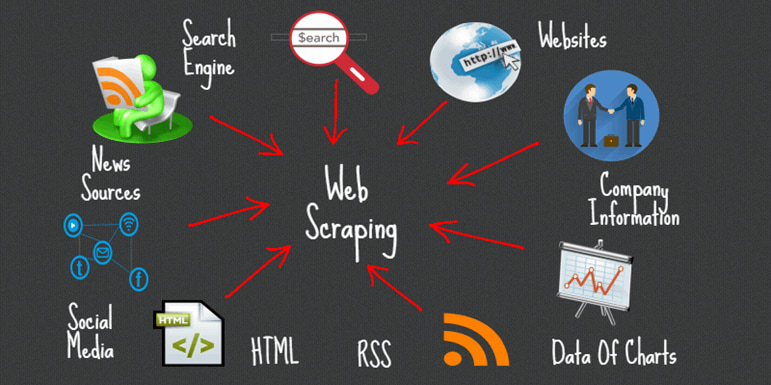We web scrape all the time. Whether you are a data scientist, engineer, or anybody who analyzes vast amounts of datasets, the ability to scrape data from the web is a useful skill to have. And now it’s safe.
BY:
Eric De Grasse
Chief Technology Officer
PROJECT COUNSEL MEDIA
24 May 2022 – Will Microsoft-owned LinkedIn try, try, try again? The platform’s latest attempt to protect its users’ data from being ransacked has been thwarted, TechCrunch reveals in its piece “Web Scraping Is Legal, US Appeals Court Reaffirms.”
The case reached the U.S. Supreme Court last year, but SCOTUS sent it back down to the Ninth Circuit of Appeals for a re-review. That court reaffirmed its original finding: scraping publicly accessible data is not a violation of the decades-old Computer Fraud and Abuse Act (CFAA).
It is a decision to celebrate or to lament, depending on one’s perspective. Yes, maybe a threat to the privacy of those who use social media and other online services, but the practice is integral to many of us who preserve, analyze, and report information. TechCrunch writer Zack Whittaker explains:
“The Ninth Circuit’s decision is a major win for archivists, academics, researchers and journalists who use tools to mass collect, or scrape, information that is publicly accessible on the internet. Without a ruling in place, long-running projects to archive websites no longer online and using publicly accessible data for academic and research studies have been left in legal limbo.
But there have been egregious cases of web scraping that have sparked privacy and security concerns. Facial recognition startup Clearview AI claims to have scraped billions of social media profile photos, prompting several tech giants to file lawsuits against the startup. Several companies, including Facebook, Instagram, Parler, Venmo and Clubhouse have all had users’ data scraped over the years.
The case before the Ninth Circuit was originally brought by LinkedIn against Hiq Labs, a company that uses public data to analyze employee attrition. LinkedIn said Hiq’s mass web scraping of LinkedIn user profiles was against its terms of service, amounted to hacking and was therefore a violation of the CFAA.”
The Ninth Circuit disagreed. Twice. In the latest decision, the court pointed to last year’s Supreme Court ruling which narrowed the scope of the CFAA to those who “gain unauthorized access to a computer system,” as opposed to those who simply exceed their authorization. A LinkedIn spokesperson expressed disappointment, stating the platform will “continue to fight” for its users’ rights over their data.
Stay tuned 🍿
